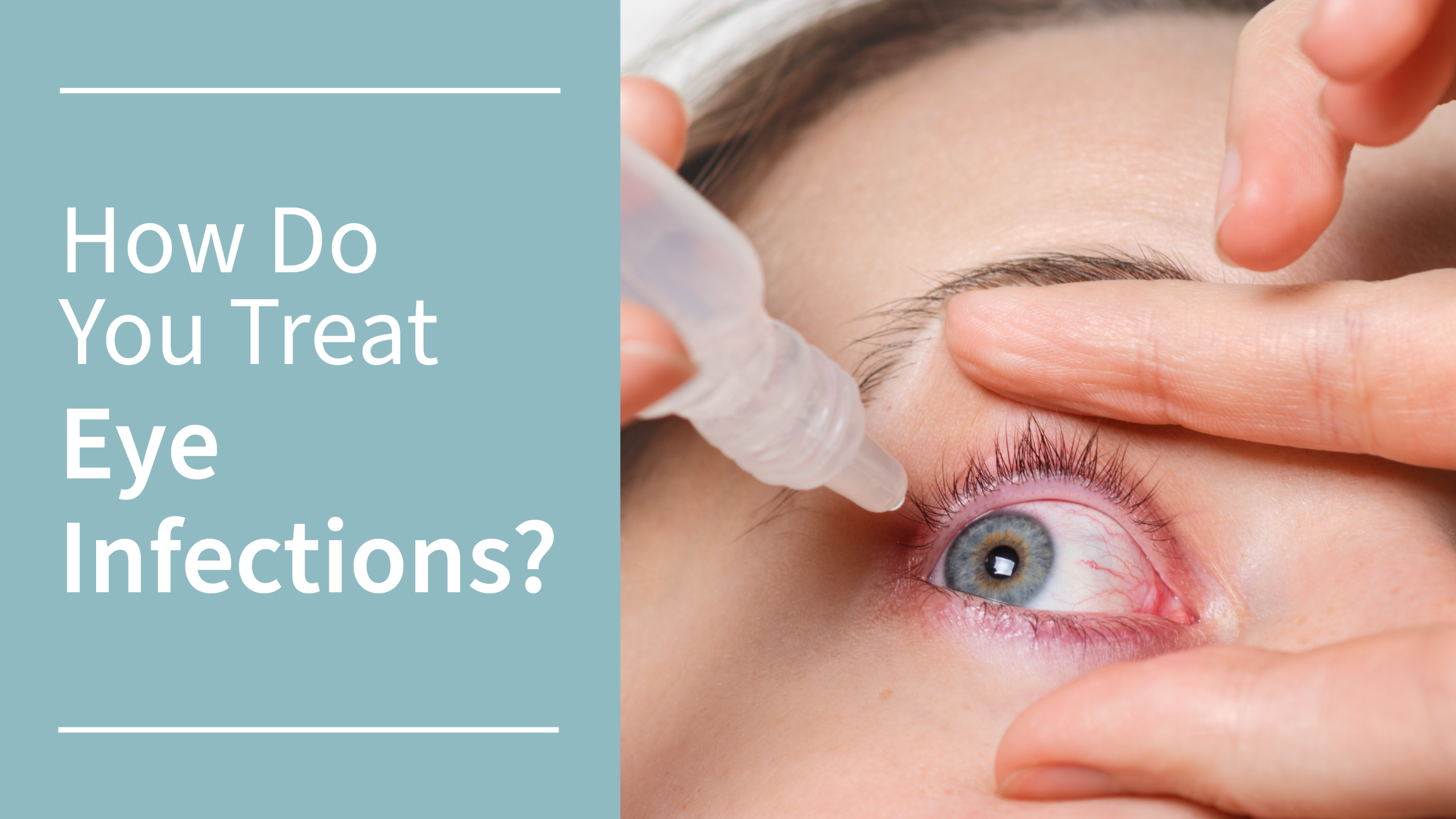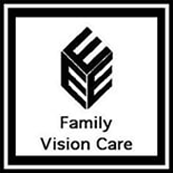How Do You Treat Eye Infections?
How Do You Treat Eye Infections?

Dealing with the discomfort of an eye infection can be frustrating, especially when you’re unsure whether it’s a minor issue or something more concerning.
Symptoms can disrupt your daily activities, adding to the discomfort. Knowing when to seek treatment can feel overwhelming because eye infections often share symptoms with other less serious conditions. This makes it difficult to determine whether you need medical attention or if the issue will be resolved on its own.
Left untreated, even mild eye infections can potentially lead to more serious problems, including long-term damage to your eyes or vision. That’s why understanding the causes of eye infections and how to treat them effectively is essential for your eye health.
In this post, we’ll explore what can cause eye infections and discuss the treatment options available to help you manage symptoms, find relief, and protect your vision.

What Can Cause Eye Infections?
Eye infections can result from a variety of sources.
Below, we'll explore the most common culprits behind eye infections and highlight the habits or conditions that can increase your risk.
Bacteria:
Bacterial infections, such as conjunctivitis (pink eye), are common and can be caused by poor hygiene, sharing personal items like towels, or touching your eyes with dirty hands.
Viruses:
Viral infections, including those caused by the herpes simplex virus or adenoviruses, can lead to inflammation and discomfort. These infections are highly contagious and often spread through close contact or respiratory droplets.
Fungi:
Fungal eye infections are rare but can occur, especially after exposure to contaminated water or soil. These infections are more common in individuals with compromised immune systems.
Environmental Factors:
Allergens like pollen, pet dander, or dust, as well as irritants such as smoke or harsh chemicals, can trigger eye irritation and increase the risk of infections.
Increased Risk Factors:
Improper use of contact lenses, such as wearing them for extended periods or not cleaning them properly, can create an ideal environment for bacteria to thrive. Additionally, swimming in contaminated water or using non-sterile eye products can introduce harmful microorganisms to the eye, leading to infection.

Treatment Options for Eye Infections
Before beginning any treatment for an eye infection, it’s crucial to consult an eye doctor to ensure you're receiving the appropriate care for your specific condition.
Different types of infections require different approaches and treating them incorrectly could worsen the problem or delay healing.
Let’s look at some of the most common treatment options and when they should be used.
Over-the-Counter Remedies:
For mild eye infections, over-the-counter options like artificial tears or lubricating eye drops can help relieve discomfort by keeping your eyes moist and reducing irritation.
However, these treatments do not address the root cause of the infection and should only be used for temporary relief. Be cautious with products like Visine, which may reduce redness but can have harmful side effects, such as corneal damage, if overused. Visine is not designed to treat infections and may worsen the condition in the long run.
Prescription Medications:
If you have a bacterial infection, your doctor may prescribe antibiotic eye drops or ointments to clear the infection. Viral infections, such as those caused by the herpes simplex virus, generally resolve on their own but may require antiviral treatment for more severe cases. Warm compresses can also help alleviate discomfort from viral infections.
Natural Remedies:
Natural options, like applying a warm compress to the eyes several times a day, can help reduce swelling and speed up the healing process. Cleaning the eyelids gently can also remove discharge or crusting that may accompany infections.
For more serious or persistent infections, professional medical attention is essential to avoid complications. Proper diagnosis and treatment ensure a faster recovery and protect your long-term vision health.
Take Control of Eye Infections with Oxford Family Vision Care
Eye infections can be uncomfortable, frustrating, and even worrying when you're unsure of the severity. But with the right care and treatment, you can take control of your eye health and prevent complications.
Understanding the causes of eye infections and recognizing when to seek medical attention are crucial steps in maintaining clear, healthy vision.
At Oxford Family Vision Care, we provide expert guidance and personalized treatment for a wide range of eye conditions, including infections.
If you're experiencing symptoms or are unsure about the best course of action, our team is here to help. Whether you need a thorough eye exam, prescription medications, or advice on maintaining proper eye hygiene, we’ll work with you to protect your vision.
Don’t let an eye infection disrupt your daily life—schedule an appointment with Oxford Family Vision Care today and take the first step toward healthier eyes and peace of mind.
Satisfied with the Oxford Family Vision Care difference? Leave us a review on Google here!
Want more free content? Follow us on Facebook and Instagram for more!
